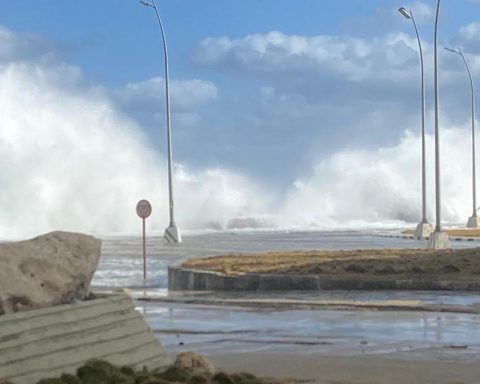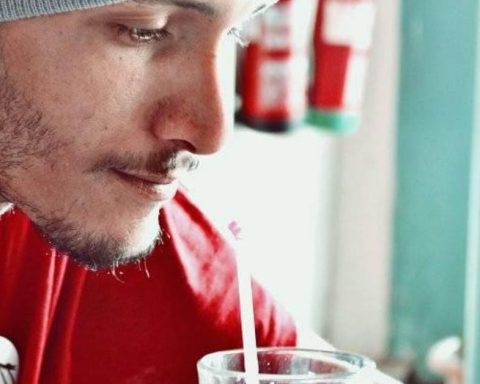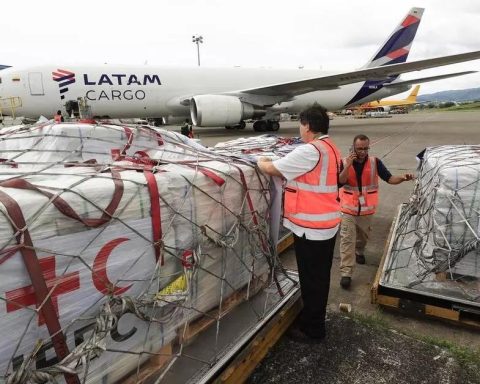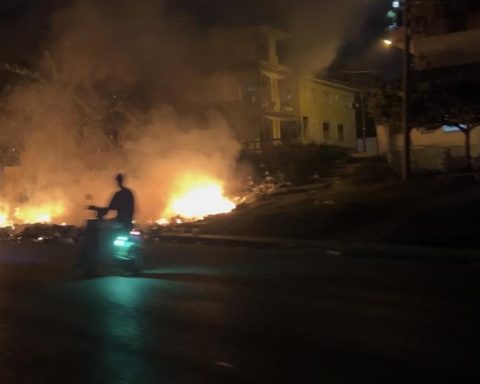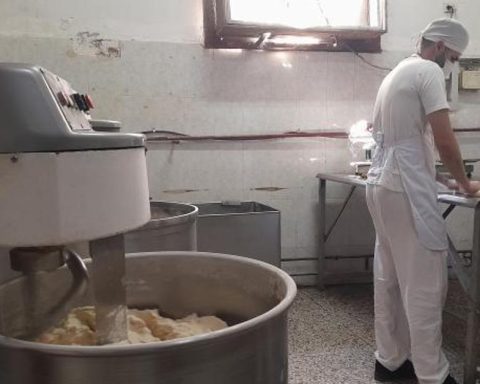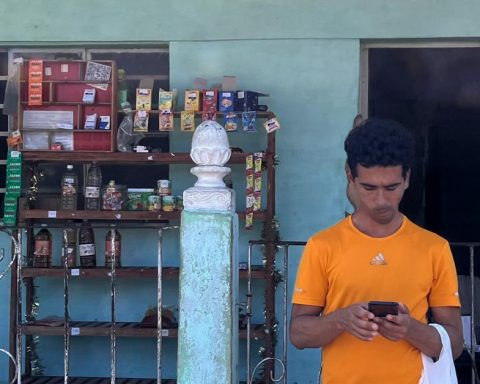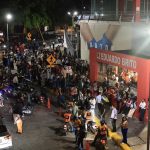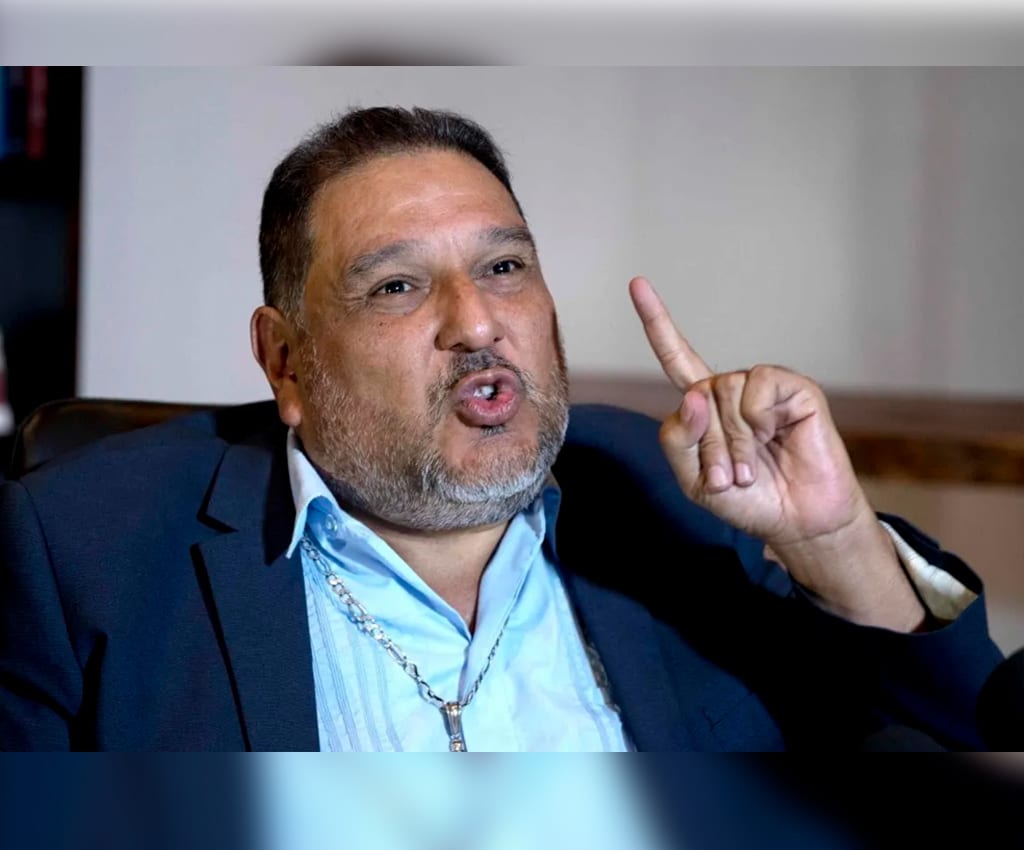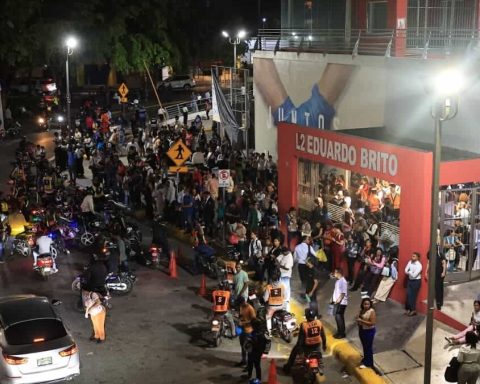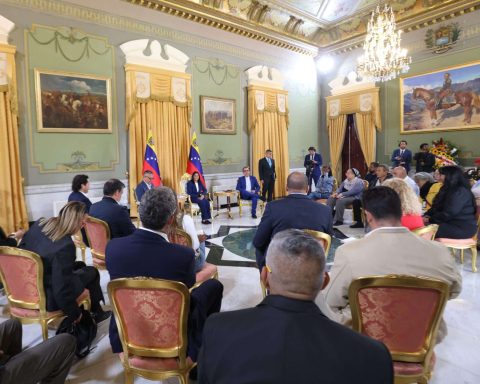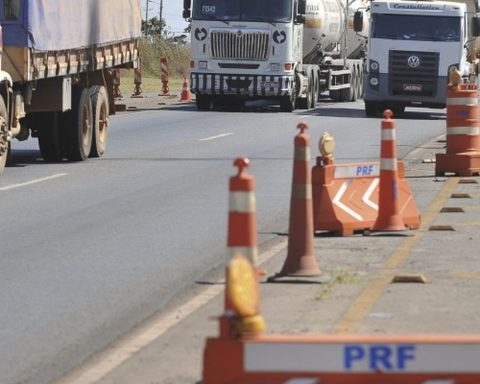(EFE).- Fifty Cuban migrants were detained this Saturday during “Operation Scorpion” in the municipality of Danlí, Department of El Paraiso, bordering Nicaragua, according to a statement from the Honduran Police. Two suspected human traffickers were arrested.
The Cubans were transferred in a truck driven by the two coyotes Hondurans, 30 and 32 years old, both residing in Danlí, he added. The smugglers remained at the disposal of the authorities, who will determine their legal situation due to the probable “commission of the flagrant crime of illicit trafficking in persons,” said the Honduran Police.
The alleged traffickers seized a truck and 25,000 lempiras (1,028 dollars) that they supposedly had charged the Cubans to transfer them from Danlí to the border with Guatemala, to continue their journey to the United States.
All the Cubans were placed under the protection of the National Migration Institute (INM), where the authorities will coordinate their return to their country or allow them to cross the territory after paying a fine of more than 200 dollars for having entered the country irregularly.
This Friday, Honduran authorities They also held 28 migrants from Ecuador and 5 from Cuba in El Paraíso when they were being transported on a bus by an alleged coyote from the Central American country.
Hundreds of migrants, mostly Cubans and Haitians, have been stranded for more than a week in El Paraíso waiting to regularize their situation in Honduras or find some clandestine way to travel through Honduran territory and reach the border with Guatemala.
The Cubans were transferred in a truck driven by the two Honduran coyotes, 30 and 32 years old, both residing in Danlí
According to official figures, more than 6,500 migrants have been detained in Honduras so far in 2022 for entering illegally, most with the intention of reaching the United States.
The Cuban authorities raised to 1,370 the number of citizens of their country who have been returned to the island so far this year for traveling irregularly through countries in the region.
According to the official newspaper Granmain the first three months of the year, 30 return operations have been carried out, mainly from Mexico, the United States and the Bahamas.
The last of these operations -based on bilateral agreements with neighboring countries- occurred last Friday, when Mexico returned to Cuba 104 people who were traveling irregularly to the United States.
This return coincided with the repatriation of three Cubans, also irregular Cuban migrants, who died in a traffic accident on March 16 in Mexico. It was, he said Granmaof a 37-year-old mother, her 12-year-old daughter and a 19-year-old boy. Mexico has returned 784 irregular migrants to Cuba so far this year.
The Cuban authorities raised to 1,370 the number of citizens of their country who have been returned to the island so far this year for traveling irregularly
The United States has carried out the largest number of return operations for irregular Cuban migrants, with 16, followed by Mexico (11), the Bahamas (2), and the Cayman Islands (1).
The official newspaper accused the Cuban Adjustment Act of causing “the death of many Cubans in the attempt to enter US territory irregularly.”
This regulation allows access to permanent residence in the United States to Cubans who remain at least one year in its territory, which the Cuban Government considers an incentive for irregular migration.
Havana again accused Washington this week of promoting migratory flows to the United States and of failing to comply with bilateral agreements on this matter.
The departure of Cubans, mainly to the United States, has increased significantly in recent months, something that experts link in the first place to the serious economic crisis that Cuba is going through.
According to data from US immigration authorities, between October and February a total of 47,331 Cuban migrants entered the US, after a record number of 16,657 arrived at the border in February alone.
________________________
Collaborate with our work:
The team of 14ymedio is committed to doing serious journalism that reflects the reality of deep Cuba. Thank you for joining us on this long road. We invite you to continue supporting us, but this time becoming a member of our journal. Together we can continue transforming journalism in Cuba.

